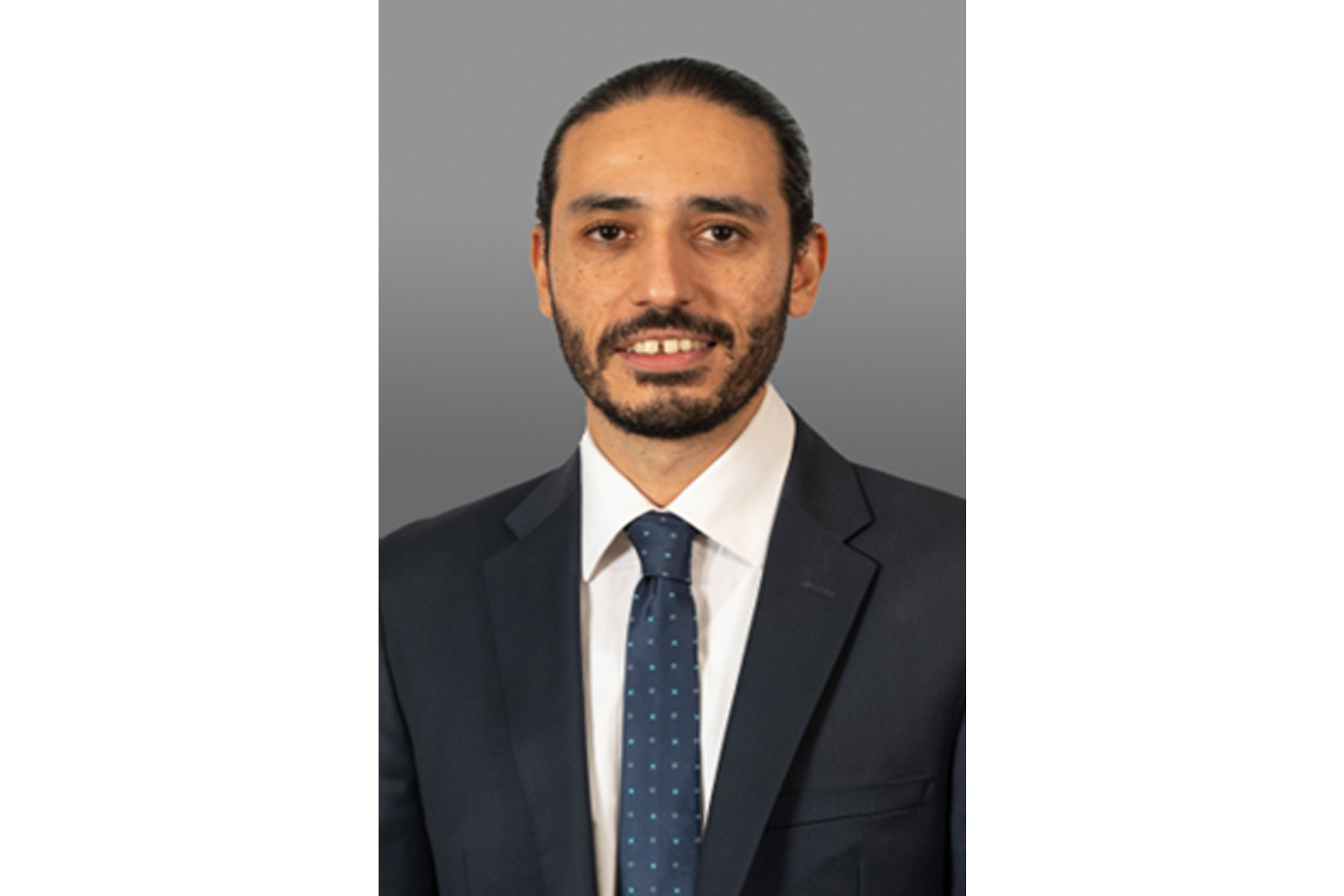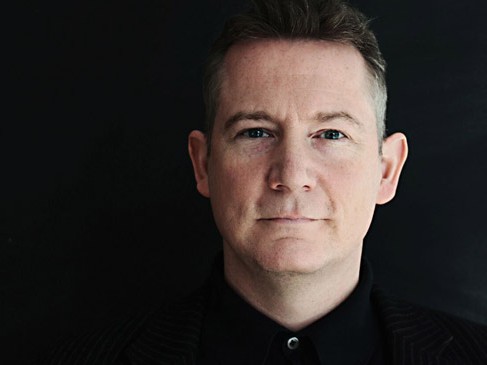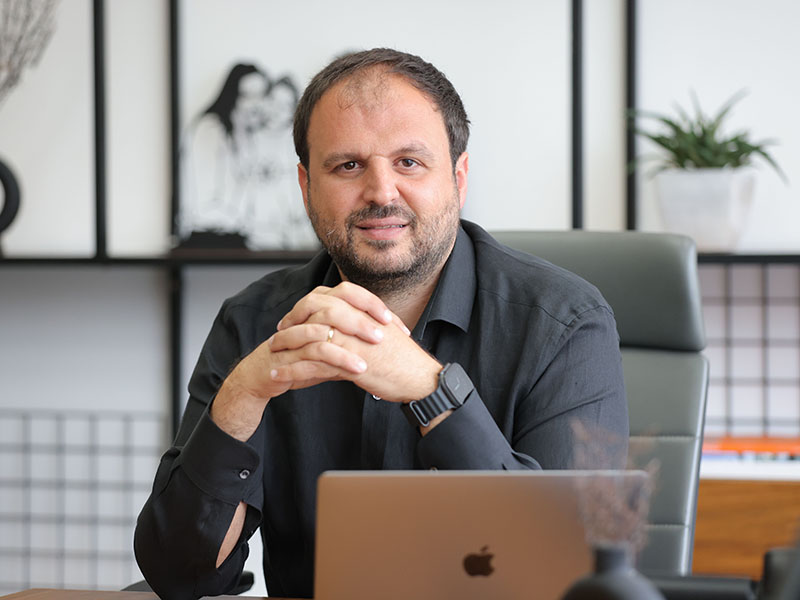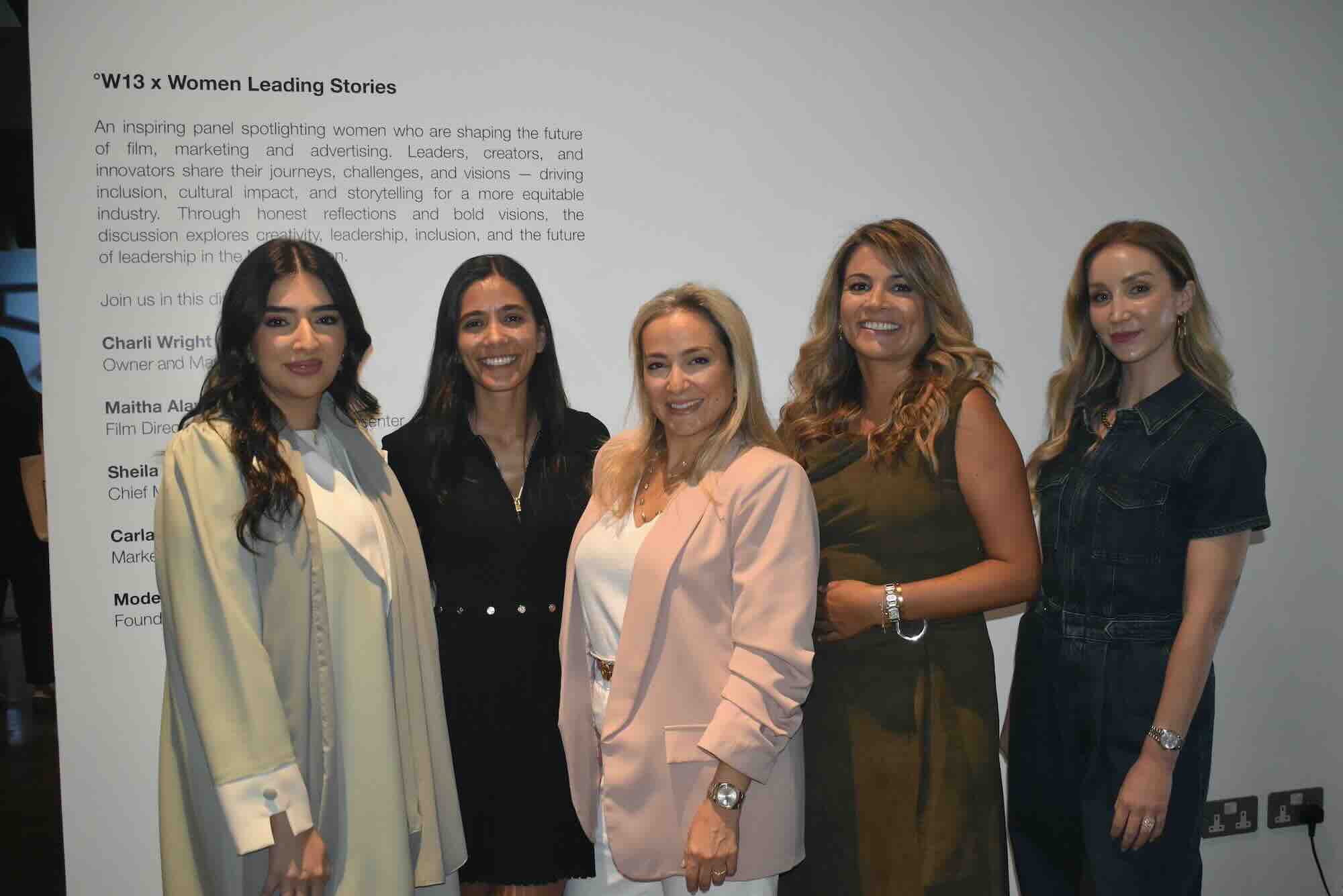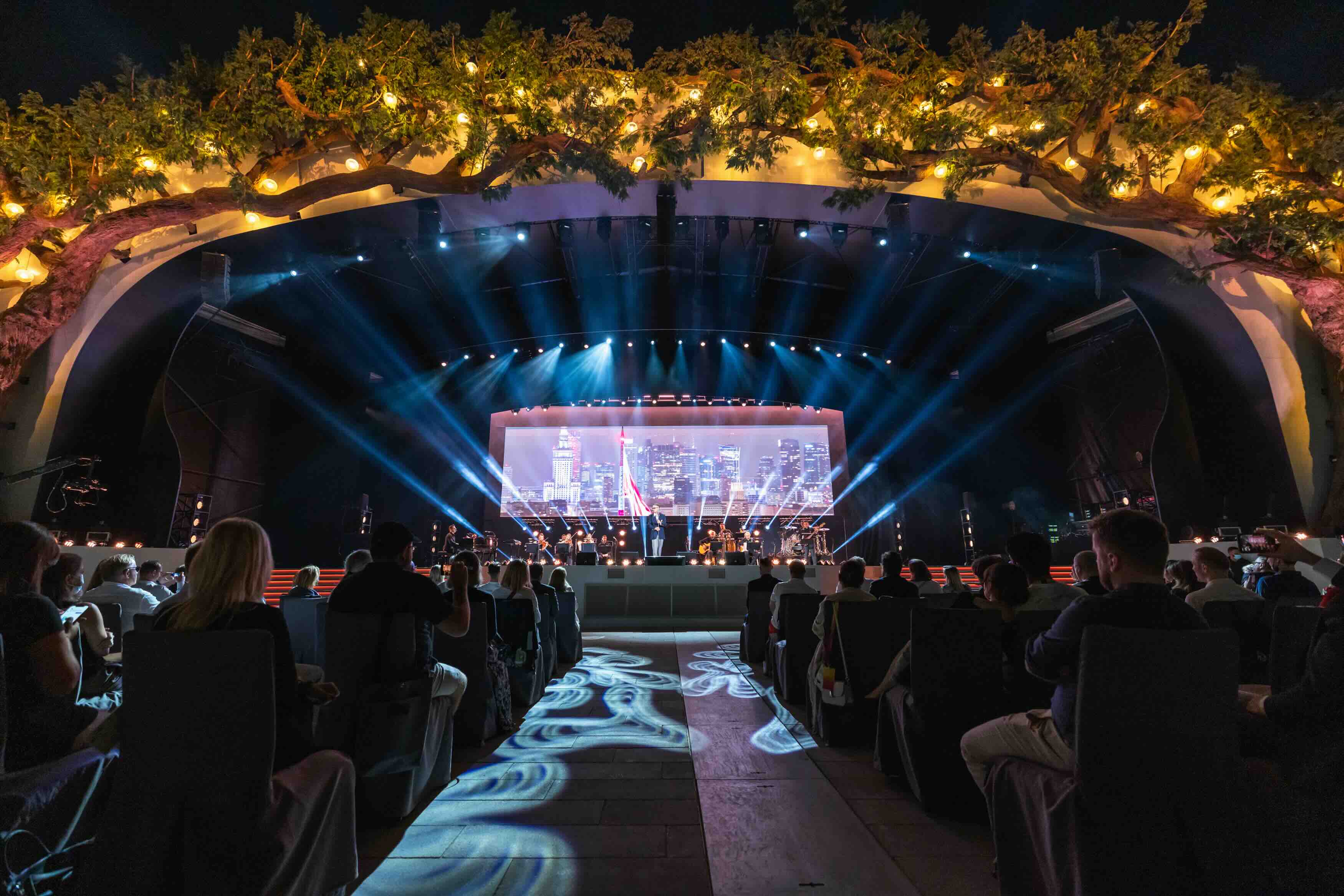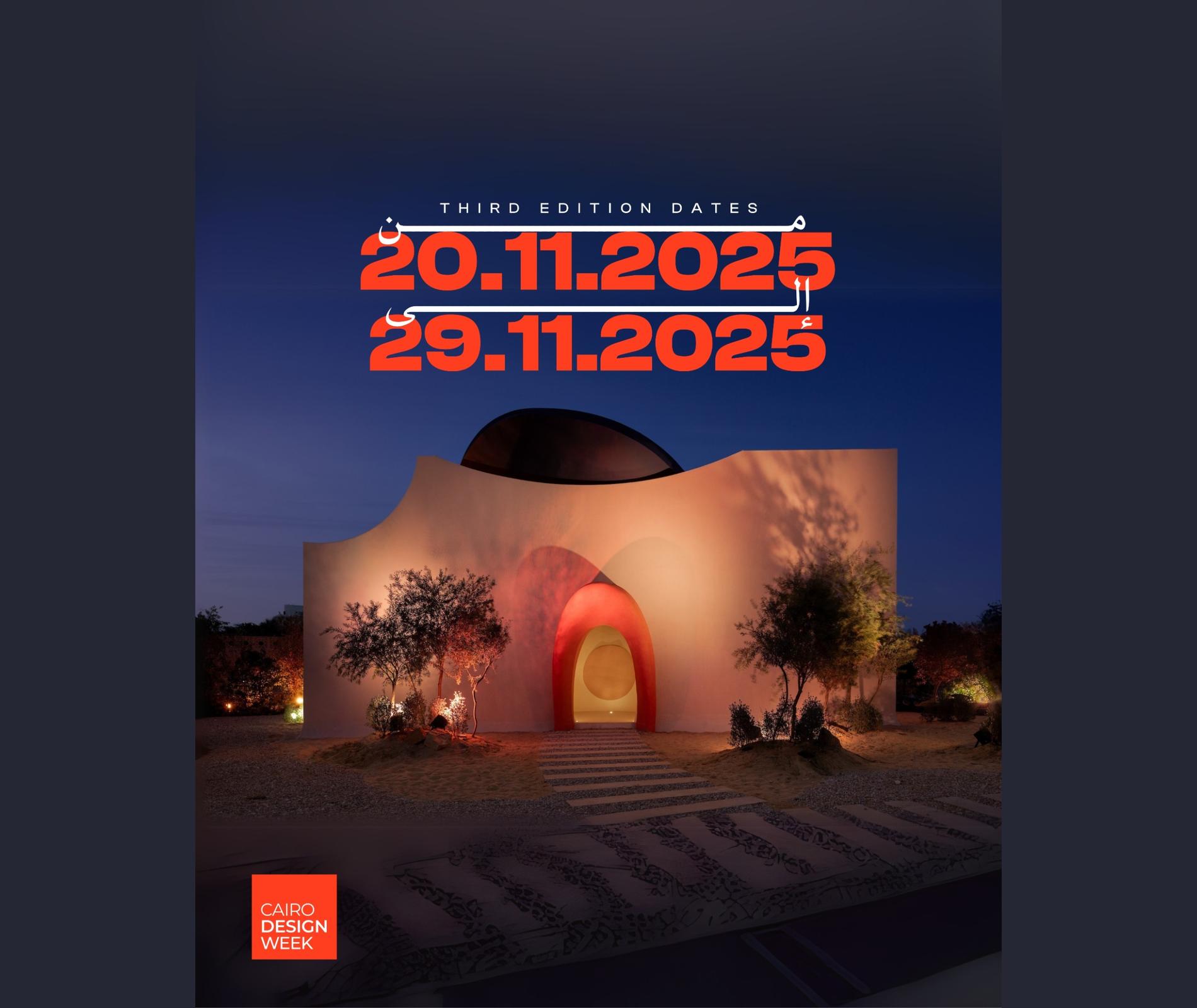News - Events
Tahaab Rais: 'It’s not easy to win a Grand Prix, anywhere'
April 14, 2019
.jpg) Advertisement
Advertisement
How would you evaluate this year's creativity? And what does it tell you about the regional industry?
Tahaab Rais: The industry in our region is under pressure and everyone’s focused on client retention and new business growth. So, there has been lesser time to create work that is crafted beautifully, that’s brave, that’s disruptive and that achieves results over a longer period of time. And that showed in the volume and scale of work done at Dubai Lynx. The work, from the case studies, of all that won and all that lost, looked a bit rushed for the awards.
But, I continue to be impressed by the intent shown by brands and agencies across the region in being more innovative, in using more data-driven approaches, and in creative uses of media. There’s a great spirit in our industry, despite the challenges we all face.
What I missed was a little bit of fun and crazy that characterizes our region.
Plus, I’d just encourage brands and clients to give those great ideas from your agency partners more chance to survive, more chance to craft them better and more opportunities to scale them better, for real, versus just on case studies. And the passionate agency people will work overtime and create the time to make those ideas happen and scale out to impact a wider audience.
“The work, from the case studies, of all that won and all that lost, looked a bit rushed for the awards.”
Have you noticed a trend that characterizes the majority of the awarded work?
T.R: International judges come to this region to see regional problems and topics being addressed, through creativity. They want to be educated, surprised and learn something new. And go back with stories to tell and experiences to share that’ll inspire their teams and team. So, work that is based on cultural tensions and truths is naturally more attractive to them. And MENA has always had those.
Judges also love to see the field they’re in is meaningful. It helps connect with one’s humanity. So, they are naturally more inclined towards work with purpose and meaning. And MENA has always had those too.
I’d continue to wish that these initiatives or campaigns by brands and NGOs continue to make a difference beyond award shows.
What I enjoyed was seeing an intent to use A.I., to use data, to use new technology, albeit not in the best way possible, but the intent was there. And I’d love to see more of that work, tied to purpose, solving real people’s problems, for proper brands.
Were the final results up to your expectations? Do you have any comments regarding the Grand Prix awarded?
T.R: I respect and applaud all the Grand Prix winners. People have worked hard to bring those ideas to life, to sell them, and build beautiful stories to tell those ideas. So, kudos to everyone. It’s not easy to win a Grand Prix, anywhere.
And now is when those Grand Prix prove their mettle and worth. I look forward to seeing those ideas continue to make an impact in the world or on the business beyond the case studies and the award shows.
Because all those ideas, happening for real, and lasting longer, will help make people’s lives, in our region, genuinely better in the long-run.
“What I missed was a little bit of fun and craziness that characterizes our region.”
Would you be able to name a campaign or two that you think deserved greater recognition?
T.R: With due respect, I do believe that in Creative Effectiveness, there were a few tricks missed and what didn’t win was disappointing. Don’t get me wrong. I’m happy for the work and the teams that won, and I applauded them as they went on stage, because I respect those agencies and teams, and the ones who won were my friends and people who cheer me on.
But, there is always room for more winners (smile), especially an accomplished one in the realm of creative effectiveness. The jury defined what it takes to win that category and somehow missed seeing that in the piece that did achieve it for a sustained period of time. OMO’s campaign called “The Dullest Ad in History for the Least Active Kids in History” that has won big across global creative effectiveness competitions including the MENA region’s first-ever Global Effie (!), while getting shortlisted, didn’t win. More rigour is needed in the understanding of creative effectiveness at Lynx and perhaps getting more globally renowned strategy people on the jury will help.
I also felt a couple of our other pieces on Babyshop that have won in PR and Innovation, globally, across every major festival, because of the change they have achieved and the impact they’ve had, won nothing significant in those or similar categories at Dubai Lynx and that was surprising and lifted a few eye brows amongst our kin.
“More rigour is needed in the understanding of creative effectiveness at Lynx and perhaps getting more globally renowned strategy people on the jury will help.”
Some of the comments we heard were related to having Turkey and Pakistan included in what is supposed to be a strictly Pan-Arab awards. What's your take on this?
T.R: Did the folks Cannes Lions or Dubai Lynx ever say that Dubai Lynx was a strictly Pan-Arab awards, or are we assuming or deciding it as industry folks?
I personally love seeing regional festivals open their doors to countries that could be considered similar in social and cultural fabric and construct to that region. Our industry needs to open its borders up. Also, if Morocco and other North African countries are invited, them being part of what’s called the Greater Middle East (please Google it!), why shouldn’t the likes of Turkey and Pakistan that also belong to that Greater Middle East?
As I write this, I’m on a flight back to Dubai from AdFest in Thailand where I was judging, speaking and luckily, picking up 3 big wins for Babyshop. AdFest could be seen as a strictly Asian and trans-tasman festival. But, I was their first MENA speaker in their 22 years of being. And work from FP7 McCann MENAT has been our region’s first-ever big winner in AdFest’s Innova and Roots competitions. AdFest could’ve said this was a strictly Pan-Asian and Trans-Tasman awards show and their industry could whine about an Arab agency coming and winning. But, they’ve opened their doors to the MENA region for a few years. And awarded us. It has, personally, been a great experience competing in that region.
So, there’s only a lot to gain from opening up our borders and I’m totally for the work entered by agencies across Turkey and Pakistan. It makes the competition tougher and more exciting.
Also, let’s remember, clients and agencies are now expanding their corridors too and Turkey and Pakistan are key markets in those corridors for a few. So, it makes logical sense to have them in there too.
The one watch-out is for judges, who now need to be more logical and not biased towards those markets or swayed by emotions towards those markets, just because they are smaller markets, and judges should judge work from those markets on an even scale versus the others.
Other comments that emerged from the post-event discussions is that the work submitted this year wasn't really outstanding and don't stand a chance in the upcoming international awards. Do you agree with this?
T.R: I hear this every year. And I hear it at every award show, globally too. Everyone loves saying they’re not impressed with the work. So, it’s not something new. I won’t comment on the quality of work at Dubai Lynx because that is not my place.
What I would encourage all the naysayers to remember, as I’ve shared earlier, is that the region is going through a lot of pressures economically and agencies and their talents do not have a lot of time to build ideas and craft ideas like they used to. It’s an industry-wide challenge in our region at the moment and it’s not going to get better. And that leads to “shortcut creativity” at times to make the work happen to get recognition at awards.
What do you believe can be better?
T.R: Firstly, I believe we should eradicate categories that are redundant in today’s world, and lay more emphasis on categories that will help drive the evolution of our industry and the evolution of our region. This will ensure work created only for awards that lasts only around the award season/s is eliminated to an extent and genuine ideas for real brands meant for real people will see more success and recognition.
Secondly, I’d encourage everyone, as I do at our agency, to continue to work on real-world problems for actual people (versus jury rooms) for actual paying brands and help those brands earn a meaningful role in people’s lives through creativity. And the wins will come, at Lynx, at Cannes, and everywhere else.


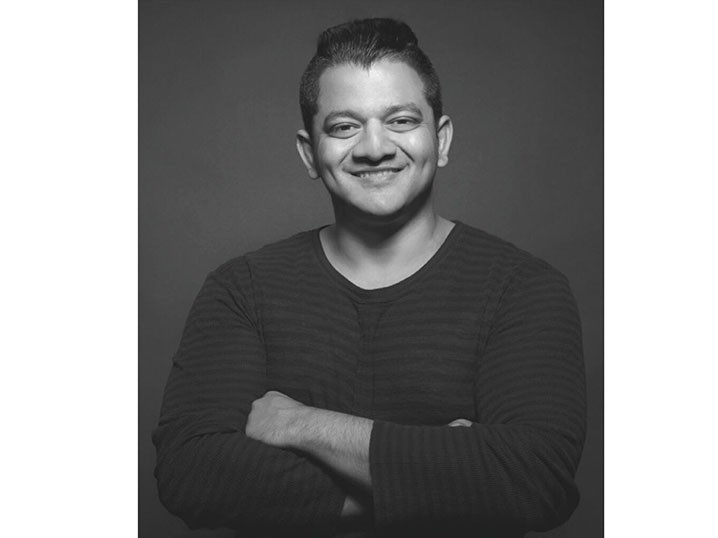
.jpg)
